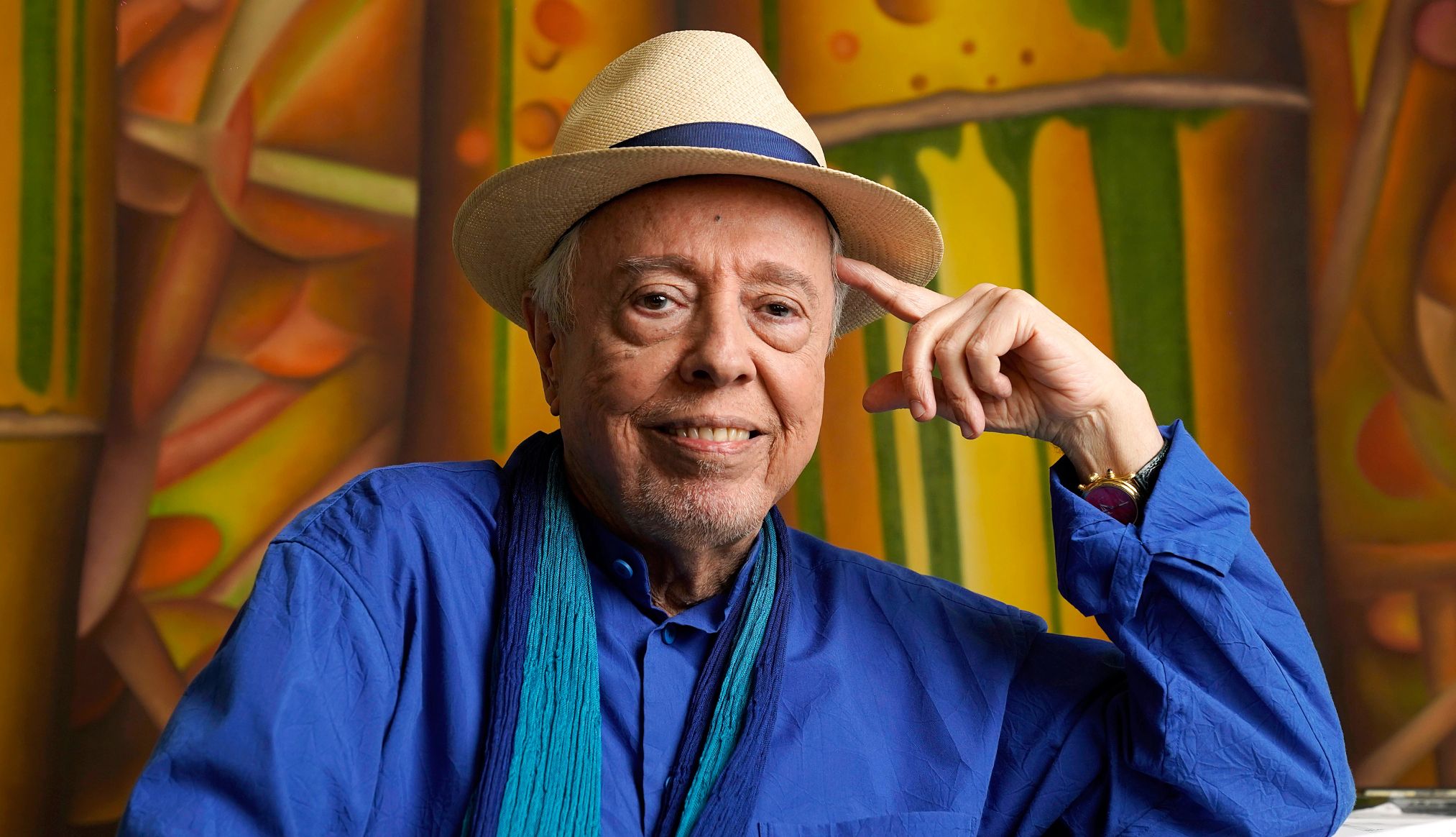AARP Hearing Center


Sergio Mendes, the celebrated Brazilian musician whose 1966 hit “Mas Que Nada” made him a global superstar and helped launched a long, Grammy-winning career, has died after months battling the effects of long COVID. He was 83.
The death Thursday of the Brazilian pianist, songwriter and arranger was confirmed in a statement by his family.
“His wife and musical partner for the past 54 years, Gracinha Leporace Mendes, was by his side, as were his loving children,” the statement Friday said. “Mendes last performed in November 2023 to sold out and wildly enthusiastic houses in Paris, London and Barcelona.”
Mendes was born in Niterói, Rio de Janeiro’s sister city, and studied classical music at a conservatory before joining jazz groups.
“My whole life has been a series of encounters that I never planned but that opened incredible doors for me,” Mendes told AARP in 2021. “When I was 18 or so, a friend invited me to play at the Bottles Bar in Rio, where all the best musicians hung out. Bossa nova was just starting, and I got to jam with people like João Gilberto. I put together a sextet, and we recorded an album that did very well. In 1962 we were invited to play in the first big bossa nova concert at Carnegie Hall. The dream of my life!”
During that trip to New York, Cannonball Adderley invited Mendes to collaborate on the album Cannonball Adderley and The Bossa Rio Sextet, leading to his first American record, “The Swinger from Rio,” after signing with Atlantic Records.
Two years later, Mendes moved to California and formed Brazil ’64, which evolved into Brazil ’66 after he added two female vocalists. The group’s debut album, produced by Herb Alpert, featured “Mas Que Nada.” Sung entirely in Portuguese, “Mas Que Nada” was a mid-tempo samba number originally released in 1963 by composer Jorge Ben Sor and updated three years later by Mendes, who had been playing the song in clubs and gave it a jazzier, more hard-hitting feel.
“I put a band together called Brasil ’66,” he told The Guardian in 2019. “I’d always had instrumental groups, but when I added the two female singers — Lani Hall and Bibi Vogel — it made a different kind of sound. We recorded the song in Los Angeles, with me, the drums, bass and guitar all performing live.”
Mendes’ version was a worldwide hit that helped perpetuate the Brazilian music boom of the 1960s. In 2006, a modern version of the song topped U.S. charts, as performed by Black Eyed Peas. It was included in his album Timeless, produced by will.i.am and also featuring Stevie Wonder, Justin Timberlake and John Legend, among others.




































































More From AARP
James Darren, ‘Gidget‘ Teen Idol ‘Moondoggie,’ Dies at 88
The singer-director’s long career included roles on ‘T.J. Hooker’ and ‘Star Trek: Deep Space Nine’Frankie Valli Still Delights Audiences at Age 90
‘I’m enjoying life and all the wonderful gifts that have been given to me’Hall of Fame Golfer Chi Chi Rodriguez Dies at 88
A playful showman on the green, he was also known for his dedication to philanthropy and at-risk youthRecommended for You